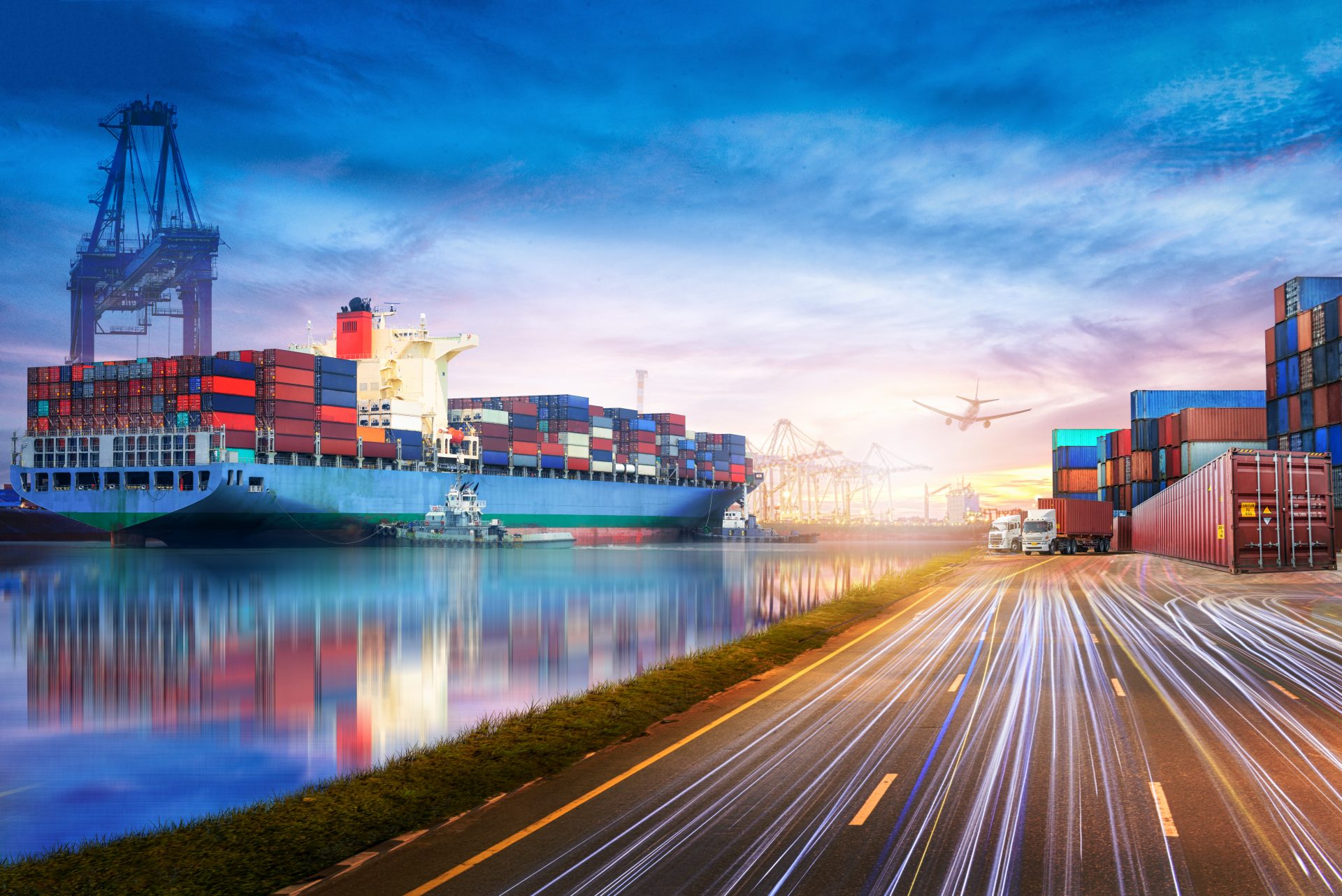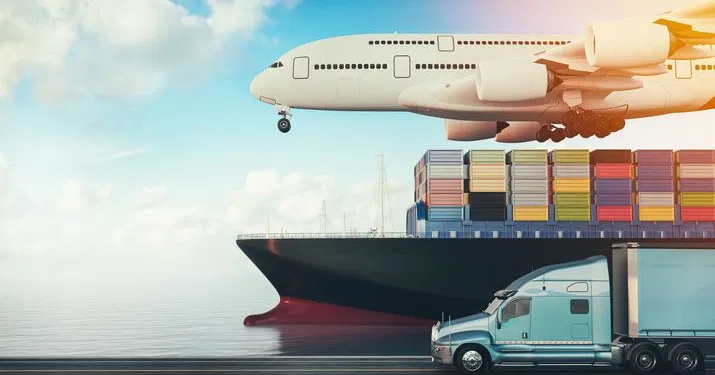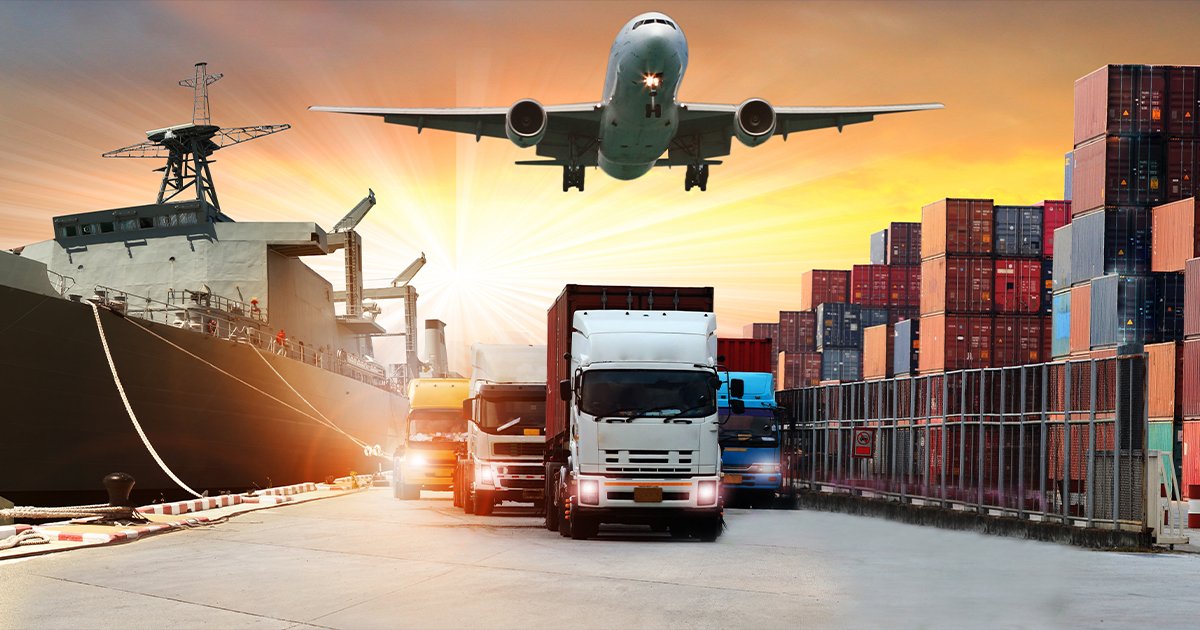
The logistics sector of an economy is one of the most important sectors, if not the most important sector, of an economy. Not only does it create employment but at the same time has significant macroeconomic contributions which include increases in foreign investment and creating national income. In fact, it plays such animportant role that it is described as the “veins and arteries” of an economy by Mr. Zulfiker Mumin. He is a co-founder and partner of GTS logistics. GTS Logistics is a logistics business that works as a middle man between the shipping company and the client who wants their product transported.

Q1. How many countries do you operate in and how many do you currently employ?
– We operate in 6 countries till now: Pakistan, Bangladesh, India, Afghanistan, Sri Lanka and USA. Our employees are scattered randomly throughout these countries with 150 people in Pakistan, 30 people in Bangladesh, 5 people in India, 2 people in Afghanistan and 1 person in the USA.
Q2. What is the importance of the logistics sector in an economy? – The logistics sector is one of the few sectors of an economy that will always be in demand. Regardless of circumstances, good times or bad, the logistics will always be needed for anything you need. Need something that isn’t available in your country? Or do you need to send something over to an acquaintance overseas? Both scenarios would require shipping cargo which is a part of the logistics sector.
–
Q3. How has the current COVID-19 situation affected your business? The pandemic did slow down the operations of our sector shortly however, we are always on the better end since logistics is like the artery and vein of any nation. Although the supply of some daily or weekly essential products were hindered, the necessary commodities were constantly being imported and exported almost in all countries. I believe every industry was affected to some extent based on what they produced and which products were in demand
globally throughout the entire time. If we talk about the industries who skyrocketed during this time then, be it pharmaceutics, food or clothing, they have all required to stay in touch with our sector of logistics.
Q4. What were the changes that you had to adapt to for the smooth operation during this entire phase?
There were not that many noticeable changes other than the government legislations and protocols that had to be maintained from time to time. Other than that, COVID has increased the implementation of technology as many processes are linked with IT these days unlike before. For instance, we now have to pursue monetary transactions through PayPal and trust on third parties regarding such deals.

Q5. How would you like to describe the efficiency level of your sector, keeping in mind all the scuffles going on at different ports and countries all over the globe?
The efficiency level has definitely been impacted since nearly all the procedures linked with shipping lines are executed manually by humans. There were situations when 30% of the working people got affected by COVID so everything had to be slowed down. The number of workers was limited despite the rush in some cases. However, it differed from country to country based on their economic situation and necessities. Our sector has however coped up with any issues that arise and ensured a consistent supply of goods.
Q6. What are some prospective changes that you look forward to bringing in this particular sector in the near future?
I alone cannot bring change to the industry or the sector as a whole. This is a large area of business and there has to be big movement in the entire procedure to bring substantial positive change. Covid has shown us a large problem within the logistics procedure of this Sub-Continent particularly. In the western countries, the process is much more streamlined with the paper work through banks being eliminated. So the communication between consumer and producer is much quicker and efficient which makes the entire procedure of receiving and delivering large cargoes much more swift and therefore reducing costs. Unfortunately, this Sub-Continent to this day follows the laws and rules set down by the British Empire so it is not the best use of modern facilities. Such back-dated process makes business operation much slower compared to western countries. This harms business. I would say the best way to solve this is revising the laws written more than 200 years ago.
Q7. Lastly, I would like to ask for your perspective on the definition of “Success” for entrepreneurs who are beginning their journey in a similar way to yours.
The term “Success” will have different definitions to different individuals.There is one common thing that I suppose should be considered is if you have pursued your interests or not. Your academic background and education will definitely play an important role in guiding you towards success however, what actually
brings success to you is your dedication, diligence and chasing after who you aspire to be.
